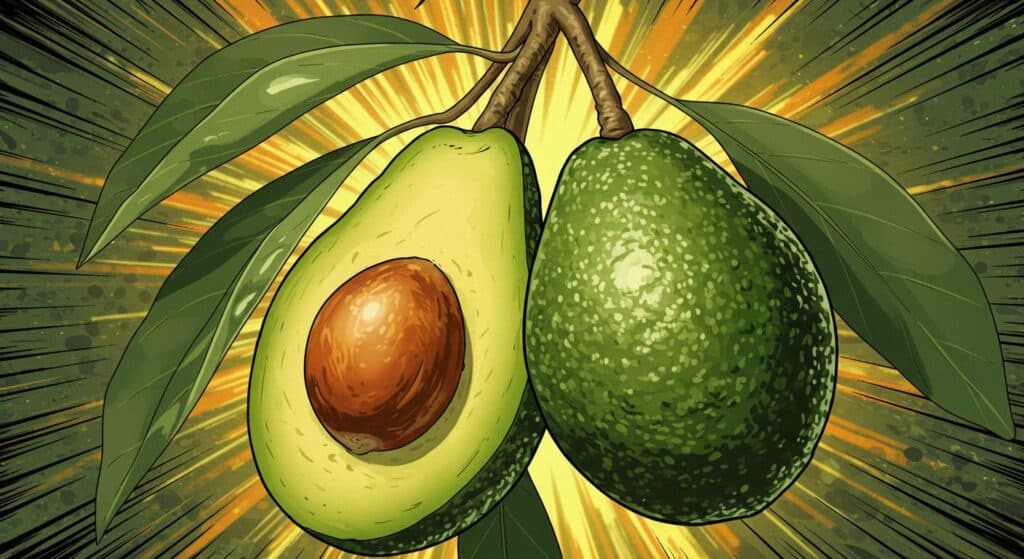Sometimes America’s evolving landscape of food safety and cannabis regulation creates headlines so unlikely they seem lifted straight from an urban legend. Case in point: what Live Science recounts as October 2024’s most unintentionally memorable meal—a mass case of surprise THC intoxication courtesy of Famous Yeti’s Pizza in Stoughton, Wisconsin. For at least 85 customers, pizza night came with a psychoactive kick, due to a kitchen mix-up that’s as much bureaucratic fable as it is cautionary tale.
A Classic Kitchen Snafu, With a Twist
The details, as compiled in the CDC’s Morbidity and Mortality Weekly Report and distilled by Live Science, paint the picture of a pretty mundane food prep issue—at least, until you get to the psychoactive part. Facing an empty bottle of regular cooking oil, the restaurant’s staff borrowed from a shared industrial kitchen. There, among other supplies, sat a large container of oil that, as it turned out, was infused with delta-9 THC. According to Live Science, the owner believed he was grabbing plain canola oil, only realizing later what had actually gone into the dough and breadsticks.
It didn’t take long for the effects to spread, both figuratively and literally. Emergency services began fielding calls about diners experiencing symptoms ranging from dizziness and anxiety to sleepiness. On October 24, local EMS had transported seven people with similar symptoms to the hospital, all of whom reported eating food from Famous Yeti’s, as summarized by Live Science. Thinking carbon monoxide poisoning might be a culprit, officials tested both homes and the restaurant, only to rule it out—because sometimes the case really is about the cooking oil.
Pepperoni, Paranoia, and Public Health Protocol
Public Health Madison & Dane County (PHMDC) initiated a swift investigation. Live Science details how the owner immediately agreed to close the restaurant for inspection and revealed the kitchen’s shared setup with other businesses, including a licensed vendor of THC edibles. The revelation of the THC-infused oil was, perhaps, not the plot twist anyone expected. Health officials issued notices, blog updates, and social media posts advising patrons to toss leftovers and watch out for symptoms like increased heart rate, nausea, or even paranoia—hardly the usual aftereffects of garlic bread.
When it came to the numbers, the reports offer slight variation. Live Science notes that across the affected period, 85 people aged 1 to 91 experienced symptoms consistent with THC intoxication. Eight of those were under 18. Fifteen individuals tested positive for THC, while the remaining cases were unconfirmed, often due to a lack of available testing. Thirty-three sought medical help, and per Live Science, three people were hospitalized for at least a night; iHeartRadio’s 1230 The Gambler reports the number of hospitalizations as seven, but all affected individuals recovered. Notably, none of the children or teens required hospitalization—a fortunate outcome, considering Live Science’s description of the potential risks for young children exposed to even small doses of THC.
Both sources agree that the majority of those affected experienced symptoms within one to four hours of consuming the food, ranging from classic THC effects to less common reactions like short-term memory difficulty. Respondents were asked to help identify others who fell ill, and, according to Live Science’s summary of the health department’s findings, a handful of additional cases may have emerged, though questionnaires weren’t completed for them.
When Edibles Go Rogue: Industry Lessons
The accident led to no criminal charges, and the owner of Famous Yeti’s, identified by iHeartRadio as Cale Ryan, admitted responsibility, saying, “We acted with carelessness in prepping dough and ended up tainting our product.” The restaurant reopened after a thorough cleaning and sanitation as confirmed by both sources, and PHMDC did not find evidence of intentional contamination.
Stepping back, both Live Science and iHeartRadio highlight the underlying issue: the increasing presence of THC-infused products sharing space with standard food operations. The CDC report, as discussed by both outlets, underscores the need for clear labeling, locked storage, and stricter ingredient organization in mixed-use kitchens. You might wonder how many such logistical near-misses never end with a pizza party that makes headlines.
The Perils—and Peculiarity—of Modern Food Service
For researchers, archivists, and anyone with an overactive label-maker, this isn’t just a tale of accidental amusement—it’s a flashing reminder. Storage protocols really do matter. As kitchen sharing and the edible industry intertwine, surprise cannabinoids might end up as unwelcome guests at dinner tables and takeout counters.
Everyone affected, it seems, walked away with a tale a little stranger than most, if not a new wariness about mysterious containers in any shared kitchen. At the very least, nobody can now deny that sometimes, in the Midwest, a slice of pizza can come with a side of unintentional enlightenment. So, is this the logical outcome of modern food trends colliding with evolving cannabis culture? Or simply another oddity destined to live on in the files of local health departments—and, perhaps, in the annals of culinary lore? Either way, it’s a reminder: always check the label, especially in a pizzeria named after mythical creatures.







